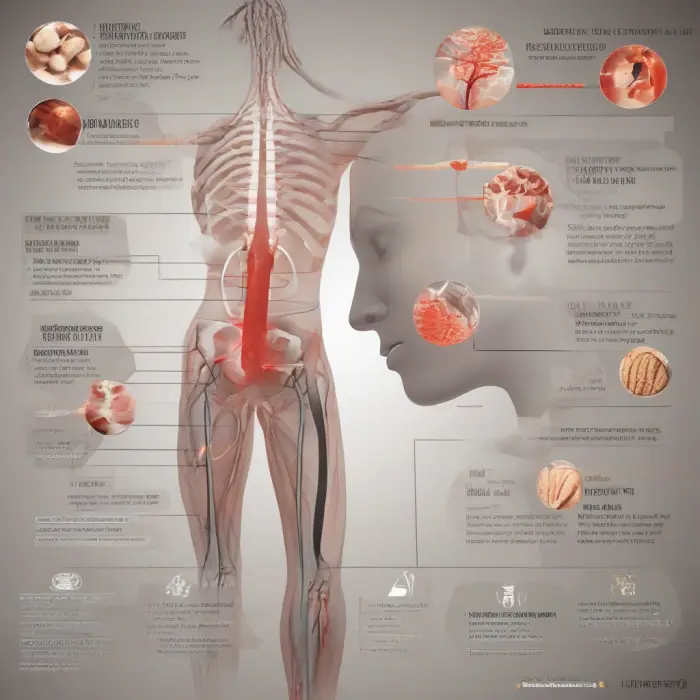Improving Cardiovascular Health Through Aerobic Exercise
Cardiovascular diseases, including heart disease and stroke, are the leading causes of death around the globe. Nevertheless, many of these conditions are preventable. One crucial way to lower the risk of cardiovascular disease is through regular physical activity, particularly aerobic exercise.
What is Aerobic Exercise?
Aerobic exercise, often referred to as "cardio," involves rhythmic activities that increase your breathing and heart rate in a sustained manner. Some examples include running, biking, swimming, and brisk walking. The word "aerobic" means "with oxygen," indicating that these exercises are designed to improve the body's ability to use oxygen efficiently.
Effects of Aerobic Exercise on Cardiovascular Health
1. Lowering Blood Pressure
Aerobic exercise can help to lower systolic blood pressure (the top number in a blood pressure reading), which reduces the risk of a stroke or heart attack. Cardio workouts can also minimize diastolic blood pressure (the bottom number), improving overall cardiovascular health.
2. Improving Heart Muscle Function
Regular aerobic exercise strengthens the heart muscle, enhancing its efficiency in pumping blood throughout the body. This improvement reduces the heart's workload, lowering the rates of heart disease and heart failure.
3. Reducing Bad Cholesterol
Aerobic exercises can lower levels of low-density lipoprotein (LDL), the "bad" cholesterol that can clog arteries, leading to heart attacks or strokes. At the same time, it raises the levels of high-density lipoprotein (HDL), the "good" cholesterol, further helping to remove LDL from the bloodstream.
Guidelines For Aerobic Exercise
The American Heart Association recommends at least 150 minutes of moderate-intensity aerobic exercise or 75 minutes of vigorous aerobic activity every week. You could also combine moderate and vigorous activity. It's best to break up the activity into smaller sessions spread throughout the week.
Conclusion
Aerobic exercise is a potent tool in the battle against cardiovascular disease. Regular aerobic workouts can dramatically improve heart health and play an instrumental role in preventing heart disease and stroke. However, before starting or intensifying an exercise program, it's essential to consult with a healthcare professional to ensure that the plan is safe and appropriate for your specific needs.
Remember, it's never too late to start. Let's make a commitment today to improving our cardiovascular health through regular aerobic exercise.










